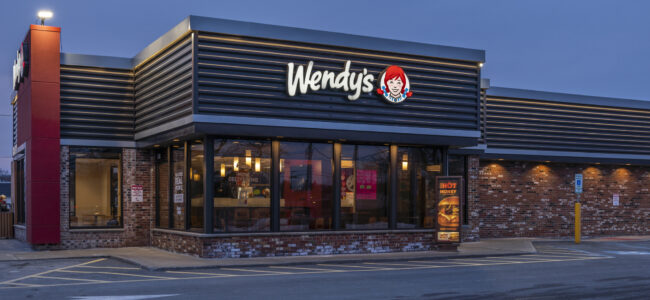BlogLine
Seventh Circuit finds drive-thru drive-by shooting unforeseeable
4/7/25

By: Patrick Eckler and Charlotte Meltzer
“Our sympathies may lie with Mr. Scott, but because this extreme, isolated, and unprovoked display of violence was not reasonably foreseeable, we affirm.”
In a recent Seventh Circuit decision, the Court affirmed summary judgment for the defendant premises in finding a criminal act committed by a third-party unforeseeable. In Scott v. Wendy’s Properties, LLC, the plaintiff, Vonzel Scott, was waiting in a Wendy’s drive-thru in Chicago at 3:12 a.m. when two unknown individuals exited their nearby vehicle armed with pistols, ran up to Scott’s car, and opened fire. They then fled, leaving Scott seriously injured. The entire incident—including the shooters’ arrival and flight—lasted only around twenty seconds.
Nationwide, Wendy’s only staffs armed guards at less than two percent of its restaurants. The Wendy’s involved in this case, located at 242 West Garfield Boulevard in Chicago, is part of that two percent. It is located in a high-crime area where shootings and carjackings occur with relative frequency. In the span of two-and-a-half years, police were called to this Wendy’s 29 times, with calls involving guns, disturbances, batteries, and EMS requests. None, however, involved shootings. While this Wendy’s drive-thru was open until 4:00 a.m., its dining area was open until 10:00 p.m. An armed guard was staffed inside the dining area from 12:30 p.m. to 10:00 pm.—not during hours when only the drive-thru was open.
The Seventh Circuit began its analysis by noting legal foreseeability is context-dependent. Where a third-party commits a criminal act on business premises, injury is only reasonably foreseeable if it stems from the same risk presented by past occurrences on the premises. It must be of the same character of prior occurrences. Thus, the Court held this shooting was unforeseeable because no shootings had occurred at this Wendy’s before. Prior crime occurring does not render all crime foreseeable. Indeed, prior crime occurred at this Wendy’s, it was located in a high-crime area, it even staffed armed guards because some types of crime were foreseeable. However, this crime was not foreseeable. “This was not a robbery or burglary gone bad, or an altercation that developed on the premises.” Rather, it was “an extreme, isolated, and unprovoked act without apparent design or motive beyond a quick killing.” The armed guards were employed to prevent other crime that had previously occurred at this Wendy’s, which did not include shootings. As such, Wendy’s could not have reasonably foreseen this shooting by a third-party.
This decision by the Seventh Circuit perpetuates the Illinois precedent that extreme acts of violence are generally unforeseeable as a matter of law. Moreover, it firmly establishes Illinois law does not support the notion that one crime occurring renders all crime foreseeable. While Illinois businesses should affirmatively act to prevent criminal acts that previously occurred on their premises, Illinois law does not impose the duty to prevent all criminal acts once one occurs.
For more information on this topic please reach out to Patrick Eckler, Charlotte Meltzer or your local FMG attorney.
Share
Save Print
